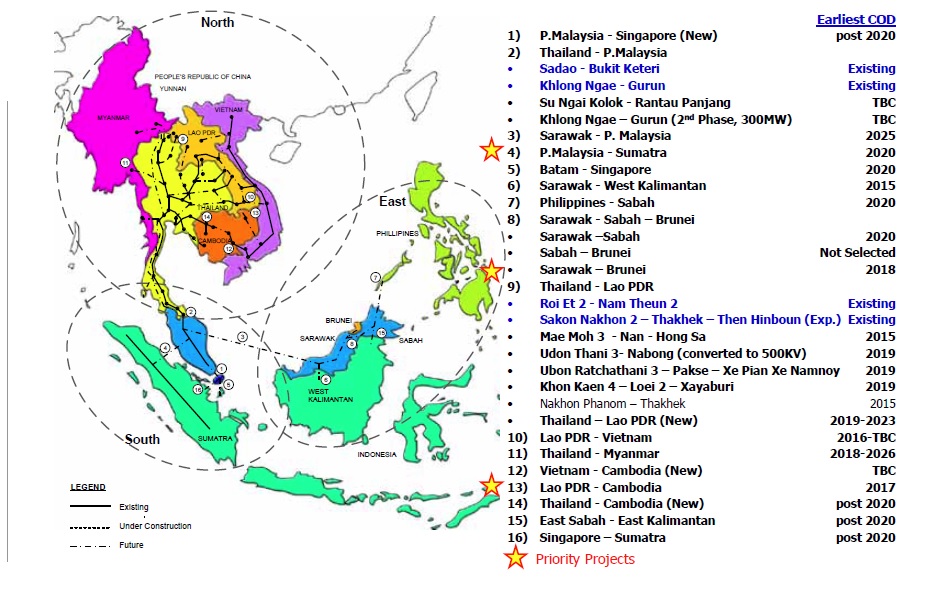Menu
This blog post is in reference to the workshop “the Geopolitical Implications of Renewable Energy (RE)” in Berlin, Germany, on 22 – 23 March 2017. Supported by the Governments of Germany and Norway, this workshop discussed the findings of a joint study called The Geopolitics of Renewable Energy. The study is conducted by reputable institutes of higher learning working on the said subject. The workshop had rightly invited people from various backgrounds to comment and discuss on some of the initial findings by the collaborating partners.
It was indeed a topic relevant with the present since RE has and will become a major part of the global energy mix as the citizens of the world have a sincere desire to address the issues of climate change. There are some projections where RE (by 2050) shall make up more than 70% of the energy mix. It has been said that there are basically four methods of addressing our march towards a low-carbon future: Energy Efficiency; RE; Nuclear; and Carbon Capture and Sequestration. The use of each of this could very much depend on the integration of technologies at the required scale versus the costs, benefits and risks of such transformation. But one thing for sure is that technology in all its different guises plays a central role in sustainable energy development; be it improved as necessary to serve the needs, or as a new technology specifically developed for a certain purpose. Additionally, there are various RE technologies at our disposal depending on the resource and geography.
 Some of the points that one may need to consider are:
Some of the points that one may need to consider are:
As a regional block, ASEAN is a large geopolitical umbrella which has recently moved on to endorse the ASEAN Economic Community (AEC). This transformation rests on 4 (four) pillars, namely; single market and production base, competitive economic region, equitable economic development, and fully integrated region in the global economy. Energy would be an integral part of this transformation and the aspects of connectivity, market integration, small and medium-sized enterprises’ (SME) development, as well as trade agreements are addressed therein. ASEAN as a region addresses 6 programme areas, which basically focus on capacity building and techno-economic factors. This transition is further driven by political affordability/willingness that is pertinent in addressing the 3 major aspects of energy security, accessibility and affordability. Taking into consideration that more than 100 million people in ASEAN do not have access to modern forms of energy, while traditional biomass is still about 13% of our total primary energy mix.
In conclusion, it may be pertinent to look at what created these geopolitical tensions during the “oil era” and how we as a global community can gain lessons-learned and explore mitigative measures to avoid such tensions (if there are such similarities). The major difference that could influence RE is that (COP21) collectively brought the global community onto a common platform on the need to address climate change. This could be the key to ensure that “geopolitical tensions” are avoided in our pursuit of RE deployment.
